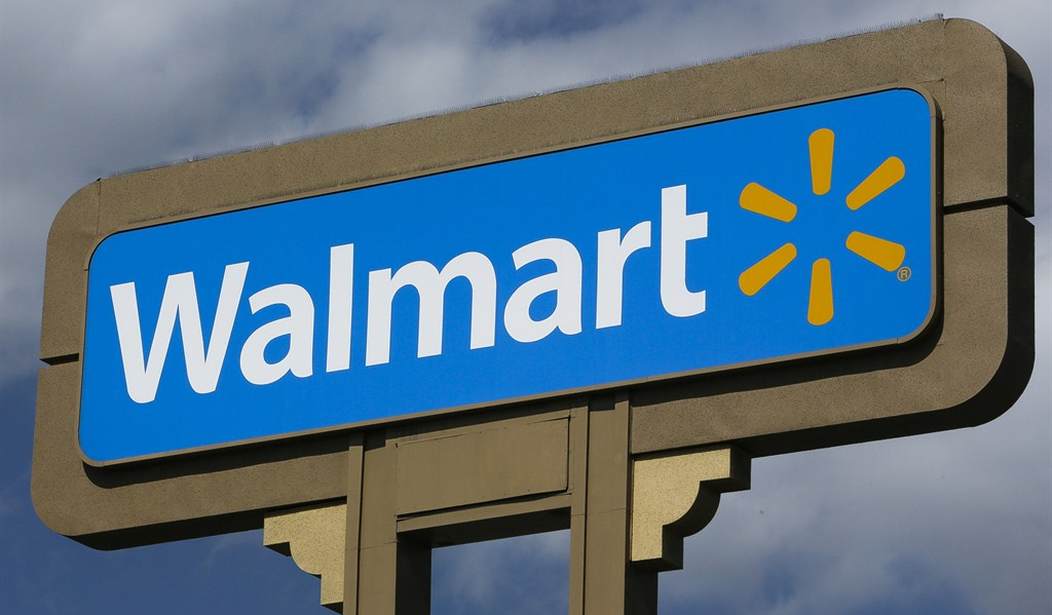Whether or not you shop at Wal-Mart, you’ve already benefitted from the mega-retailer’s ceaseless efforts to cut prices. A 2005 study found that the nationwide expansion of the store had driven down everyone’s cost for food-at-home, commodities and overall consumer products. Competition among retailers drives down prices for all shoppers.
Meanwhile, by one estimate, Wal-Mart saved consumers at its stores a quarter of a trillion dollars in 2006. And that was several dozen price cuts ago. But you need to live near one to benefit directly. And in our nation’s capital, many residents could be denied the opportunity to shop at Wal-Mart, because the city’s government has decided to try to “help” residents by targeting that company.
On July 10, the D.C. City Council passed a bill called the “Large Retailer Accountability Act of 2013.” Columnist Charles Krauthammer says the measure is “almost like a bill of attainder” because it’s so narrowly aimed. It says that “retailers with corporate sales of $1 billion or more and operating in spaces 75,000 square feet or larger” would be forced to pay a minimum wage of $12.50 per hour, as opposed to the $8.25 that’s the minimum wage everywhere else in D.C.
The law also only applies to new stores, so it’s a perfect example of crony capitalism: existing retailers such as Target and Home Depot are benefitting from the D.C. government’s ability to limit their competition. Unions benefit too. Any unionized retailer, such as Giant or Safeway, would be exempt from the new law.
The Act passed as Wal-Mart was building three new stores in D.C. and planning an additional three. “The LRAA would clearly inject unforeseen costs into the equation that would create an uneven playing field and challenge the fiscal health of our planned D.C. stores,” the company’s regional general manager warned in The Washington Post before the vote. “Wal-Mart will not pursue stores at Skyland, Capitol Gateway or New York Avenue if the LRAA is passed.”
Recommended
If the planned stores are indeed shelved, the city would lose hundreds of potential jobs along with the downward price pressure that having a Wal-Mart nearby creates. And because the planned stores are in low-income areas, it’s the poor who would be harmed the most if they’re not built.
Some don’t see it that way, though. “The question here is a living wage; it’s not whether Wal-Mart comes or stays,” council member Vincent Orange said before the vote. Of course, a “living wage” is a fluid concept in a city that’s famously filled, especially this time of year, with unpaid and underpaid interns.
Wal-Mart will keep on making money, with or without any presence in the District. Likewise, the city council will continue to pass laws. It’s D.C. residents who will suffer. “Something is always better than nothing, then work your way up,” city resident Kevin Brown told The Washington Post about opportunities at the proposed Skyland location. “People are looking forward to that Wal-Mart, they really are.” Cronyism means they can look forward to higher prices and lower wages, instead.

























Join the conversation as a VIP Member